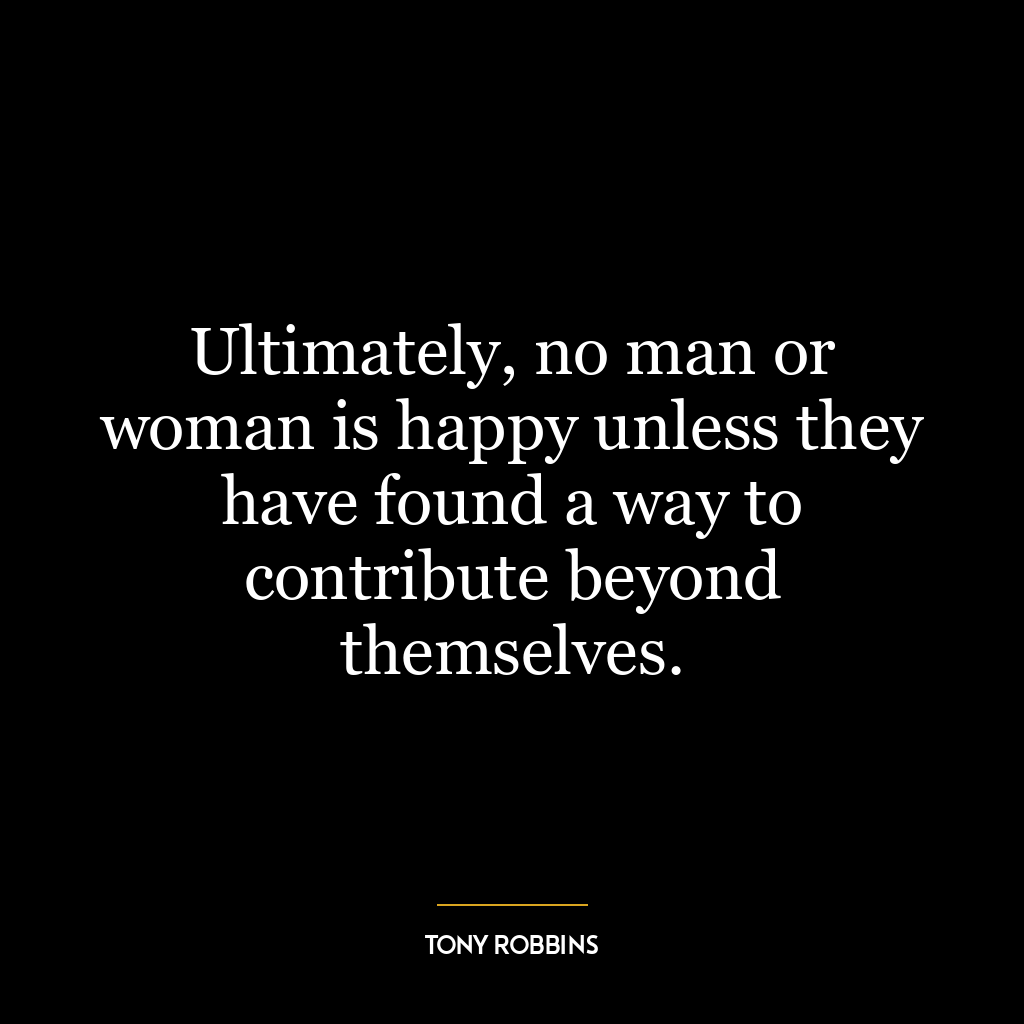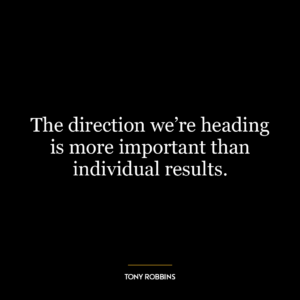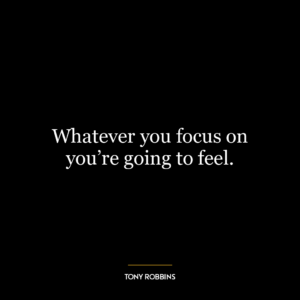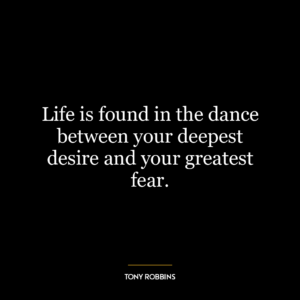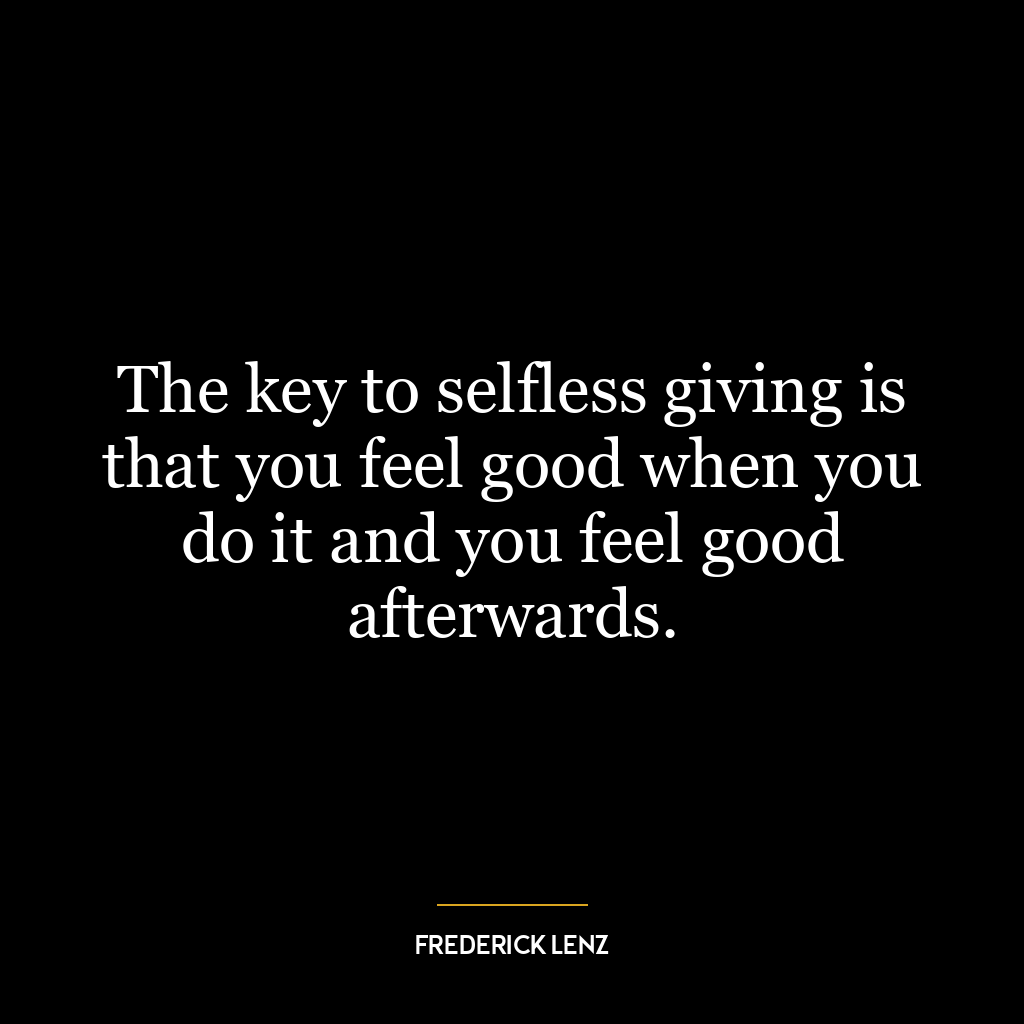Ultimately, no man or woman is happy unless they have found a way to contribute beyond themselves.
This quote suggests that true happiness is not obtained from self-centered pursuits, but rather from contributing to something bigger than oneself. It implies that humans inherently seek purpose and meaning in their lives, which is often found in the act of giving, serving, or contributing to others or to a cause. This contribution can take many forms, such as volunteering, philanthropy, mentoring, or simply helping a neighbor. It doesn’t necessarily mean one has to do grandiose acts; even small, everyday contributions can lead to a sense of fulfillment and happiness.
In the context of today’s world, this idea is increasingly relevant. In a society often focused on individual success and material wealth, many people feel unfulfilled despite achieving societal standards of success. This quote suggests that true fulfillment comes not from what we acquire for ourselves, but what we give to others and the impact we make.
In terms of personal development, this idea encourages individuals to seek ways to contribute beyond their own needs and desires. This could mean developing skills not just for personal advancement, but to help others or contribute to a community. It could also mean prioritizing acts of service or giving in one’s daily life. By doing so, individuals may find a deeper sense of purpose and happiness in their lives.
Moreover, this quote invites us to reflect on our interconnectedness. It reminds us that our actions have a ripple effect on the world around us, and that we can choose to make this impact a positive one. It challenges the notion of happiness as a solitary pursuit and instead presents it as a collective endeavor.

